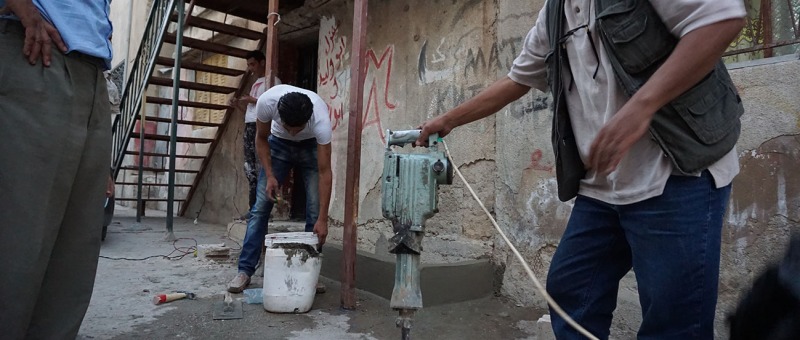In this piece, Dr Janaka Jayawickrama and Bushra Rehman argue that the localisation of aid agenda is shaped by a discourse of global humanitarianism that is characterised by a particular, cultural relationship to power. This suggests that current discourses on localisation have largely been North-centric, often overlooking the Southern contexts and histories that shape ‘the local’…
Tag: international humanitarianism
When Local Faith Actors Meet Localisation
Efforts to bring local faith actors (LFAs) into the wider humanitarian apparatus have been a key aim of the localisation of aid agenda. In this piece, Olivia Wilkinson (Director of Research of Refugee Hosts' research partner, the Joint Learning Initiative on Local Faith Communities) argues that there is a need to ensure that such engagements provide space…
Gender, Religion and Humanitarian Responses to Refugees
Major international agencies including the United Nations High Commissioner for Refugees (UNHCR) have moved towards partnering with faith-based actors to support displaced persons. Despite this, concerns – and suspicions – remain about the nature and impact of faith-based responses to displacement, often stemming from negative assumptions about the relationship between religion and gender. These assumptions…
Syrians in Akkar: Refugees or Neighbours?
Rethinking Hospitality towards Syrian Refugees in Lebanon by Estella Carpi, University College London-Development Planning Unit & Save the Children-Humanitarian Affairs Team The discourse of ‘hospitality’ has both informed and reinforced the international response to the mass influx of Syrian refugees into Lebanon since the outbreak of the Syrian conflict. However, while unprecedented in scale – by the end…



